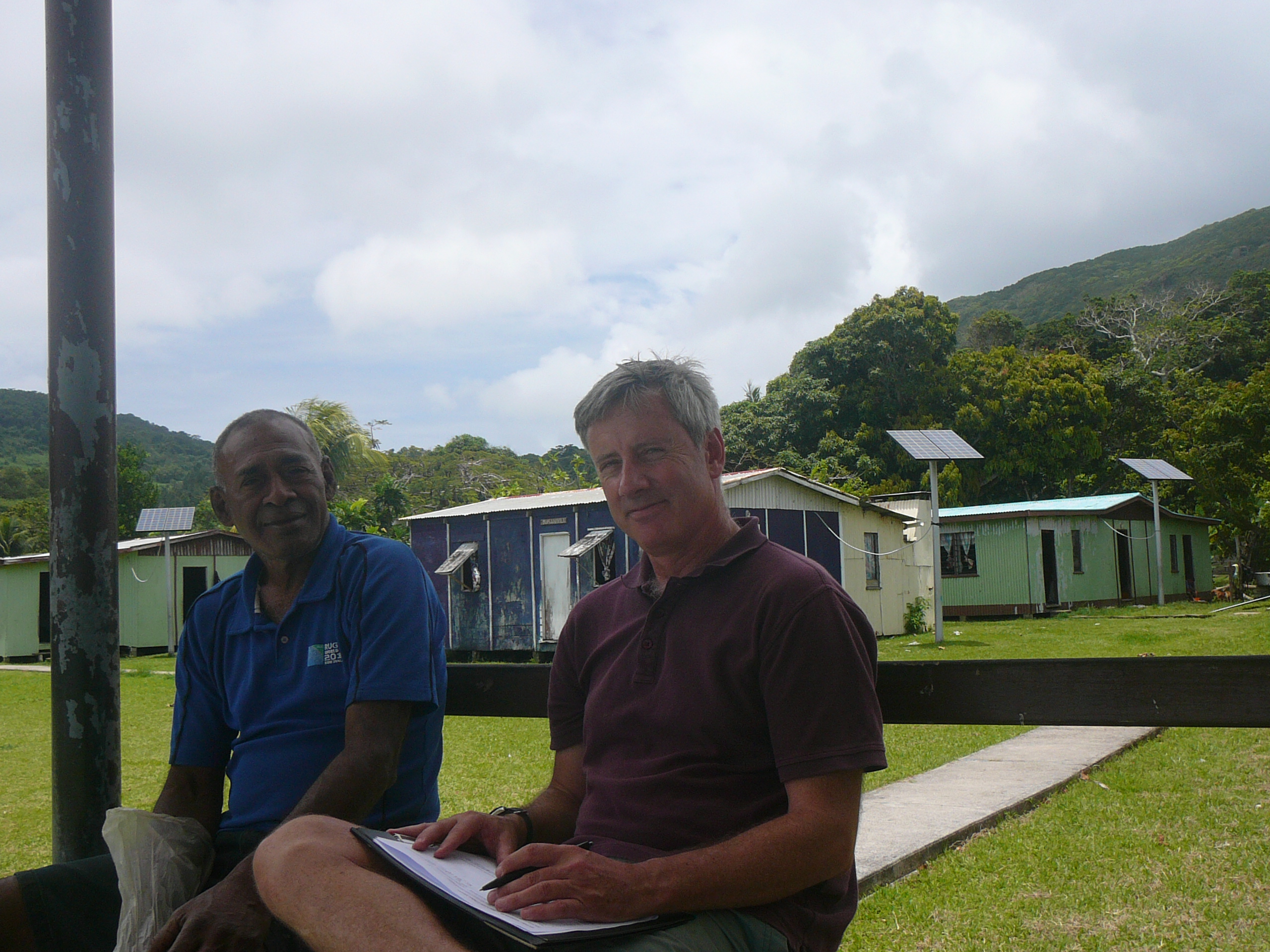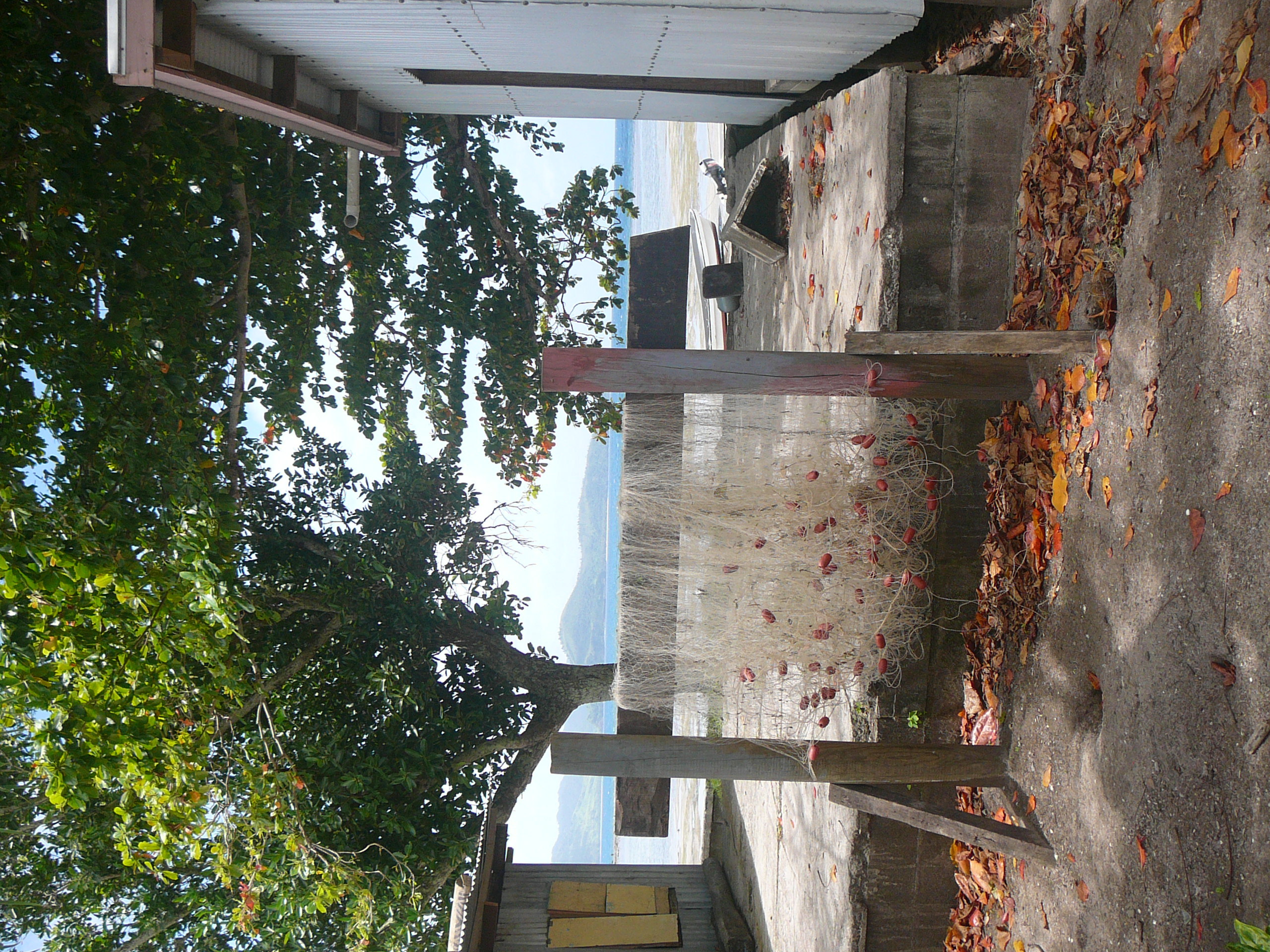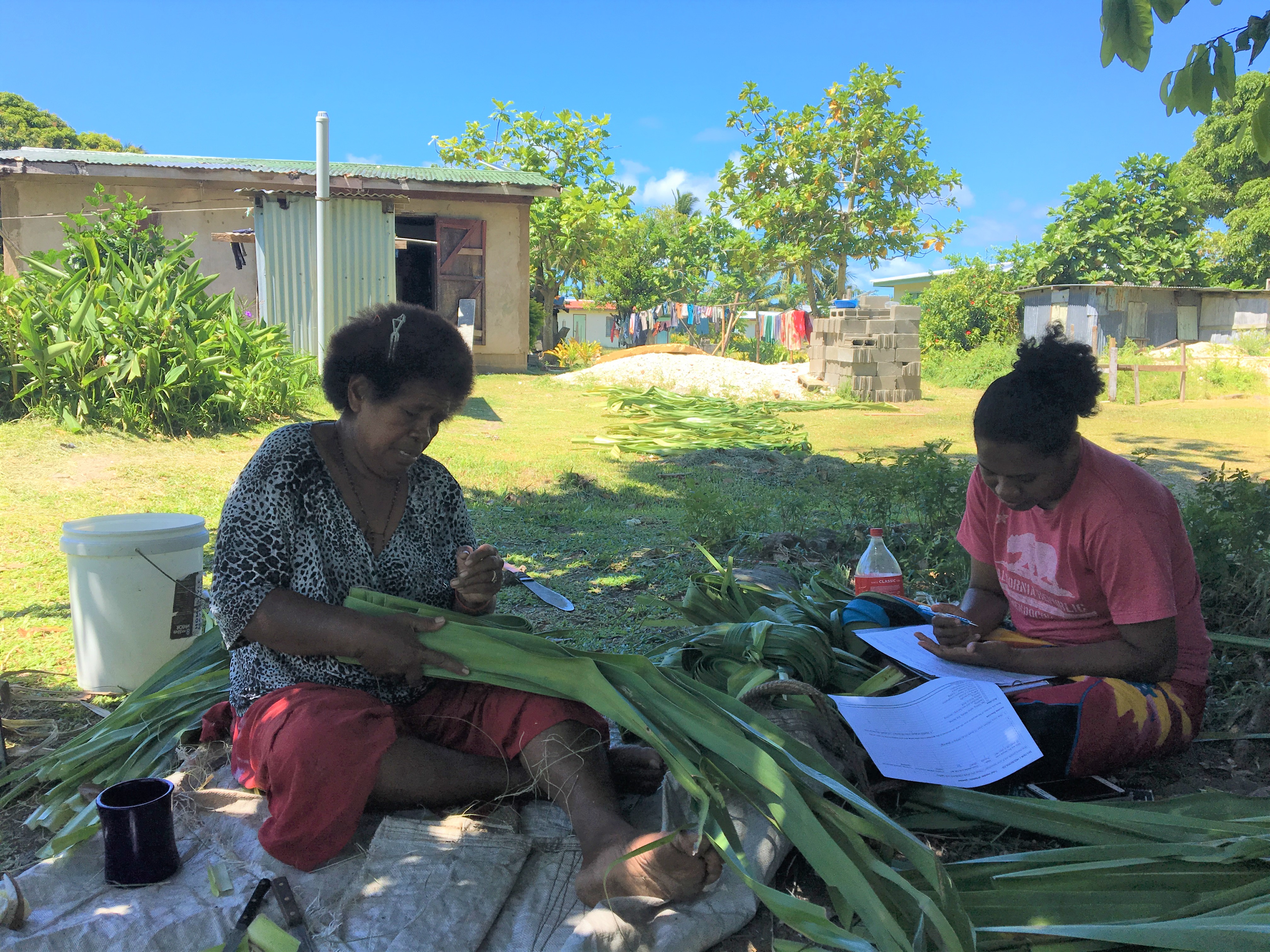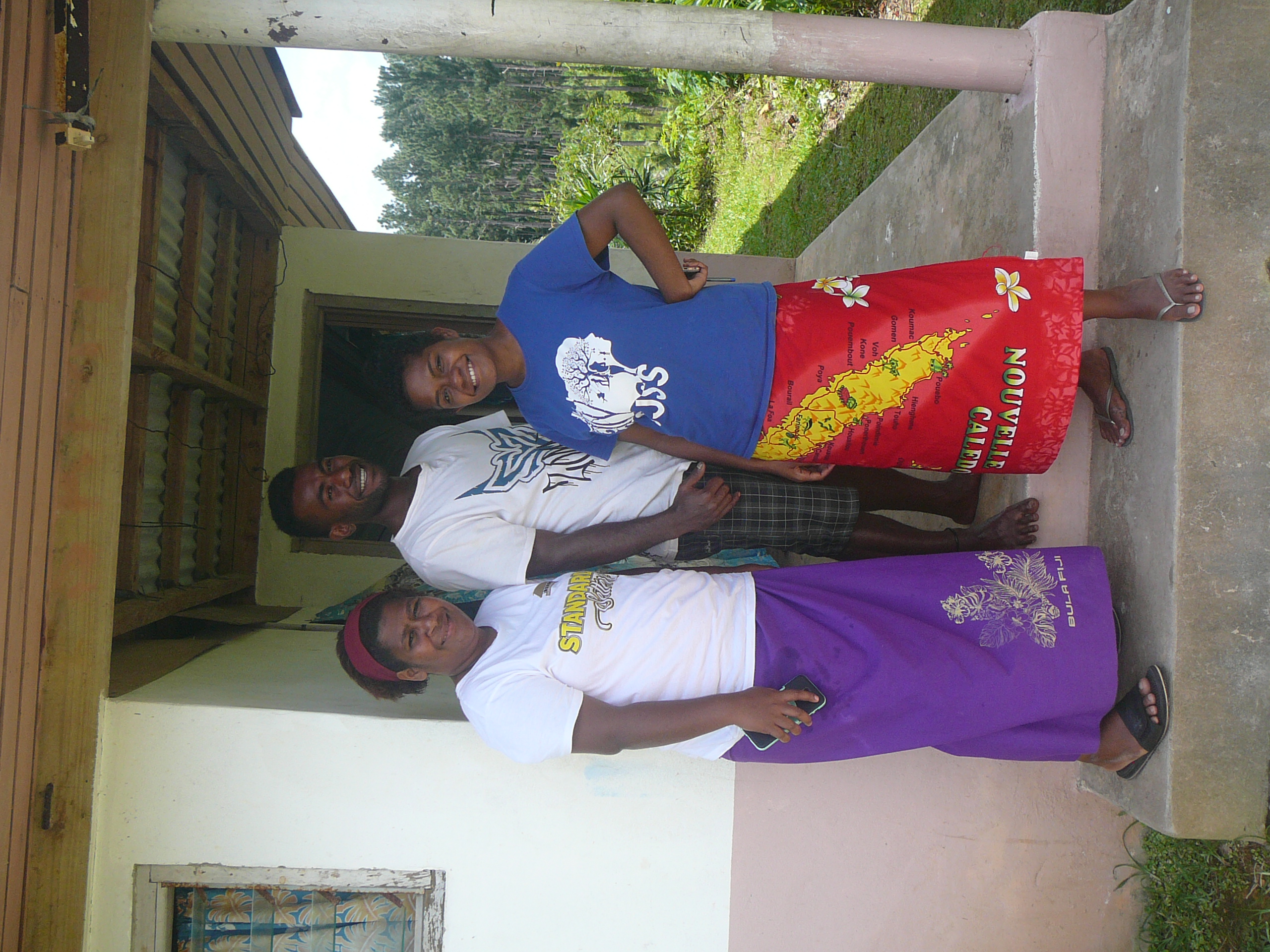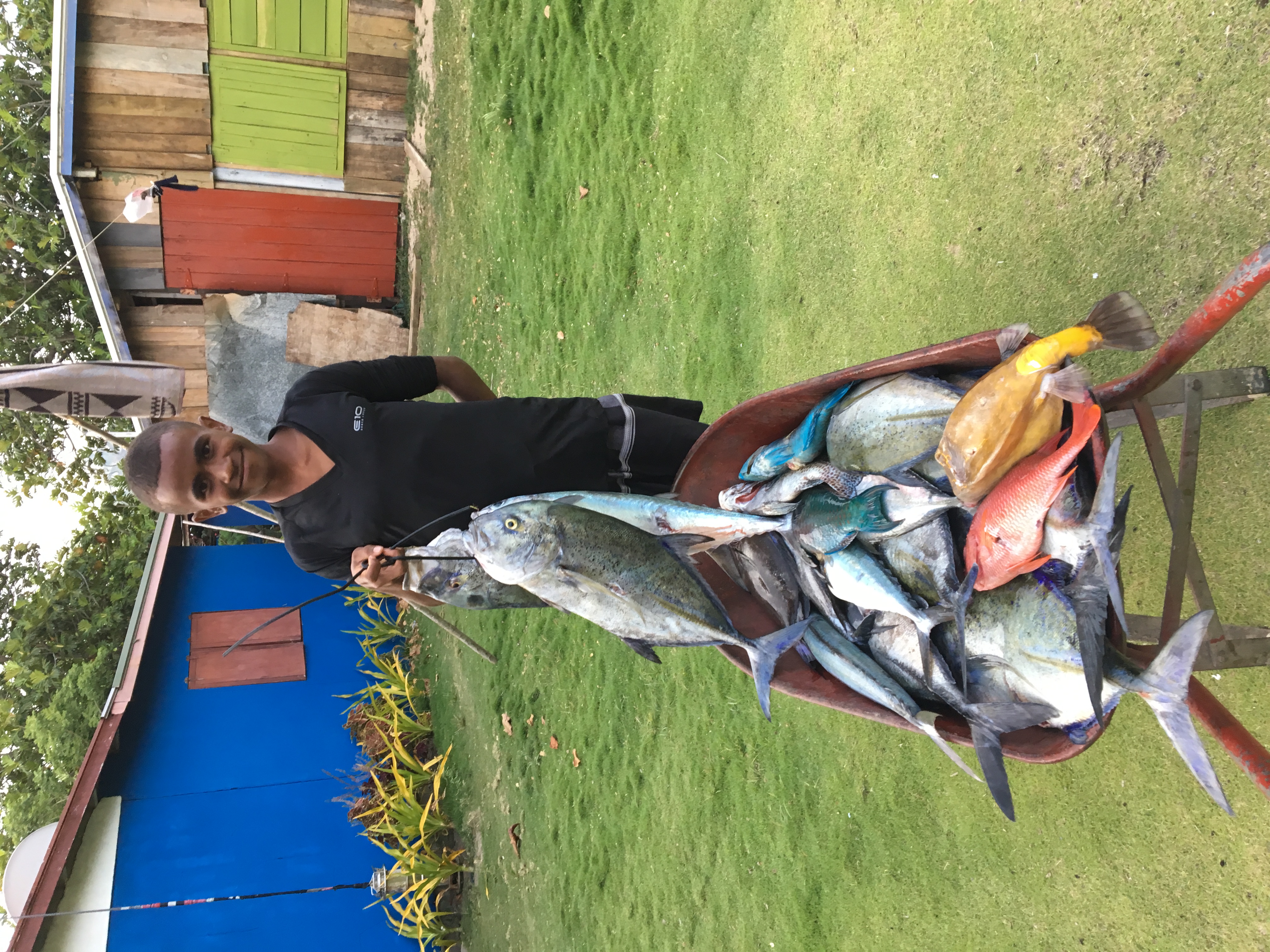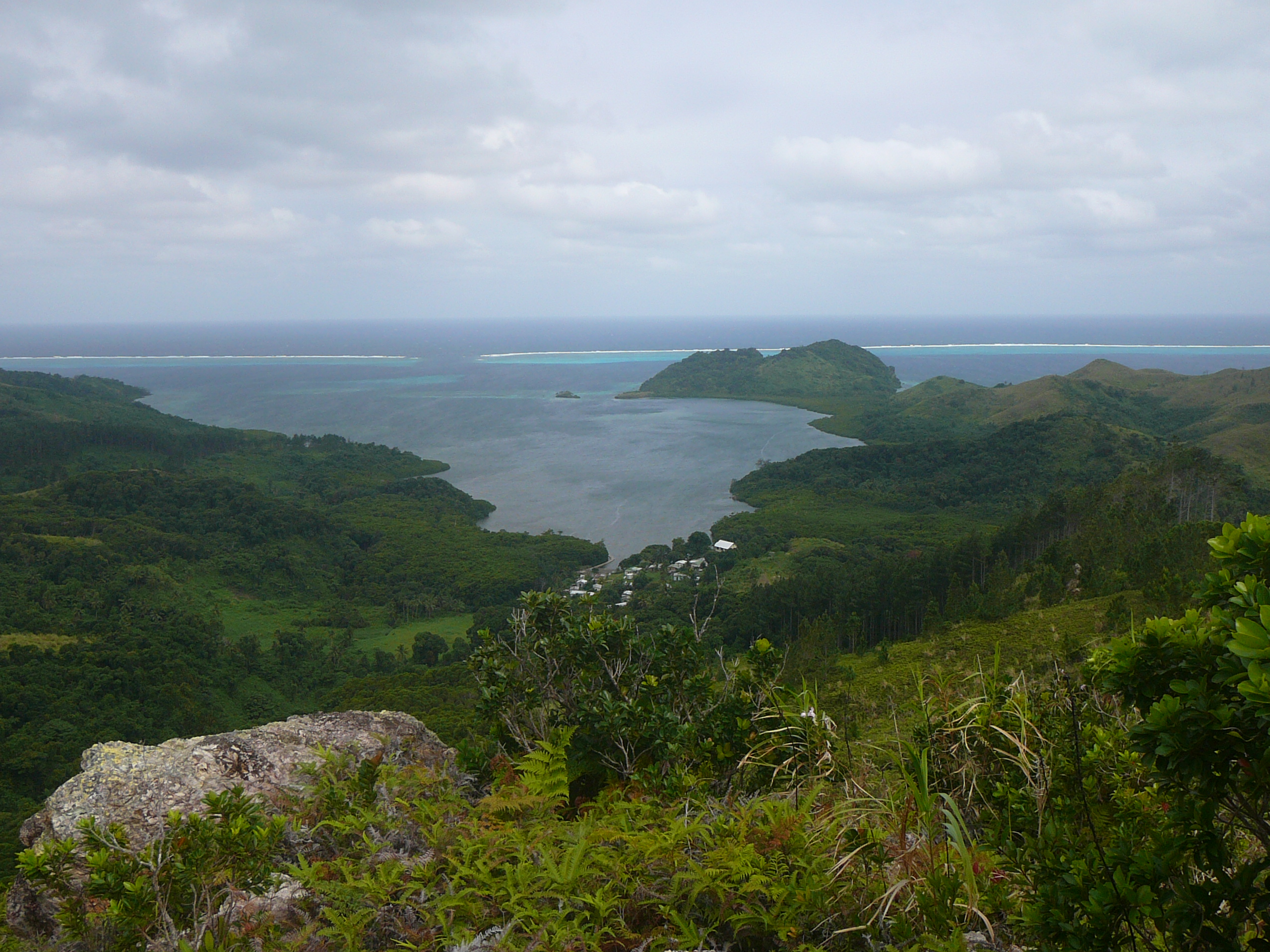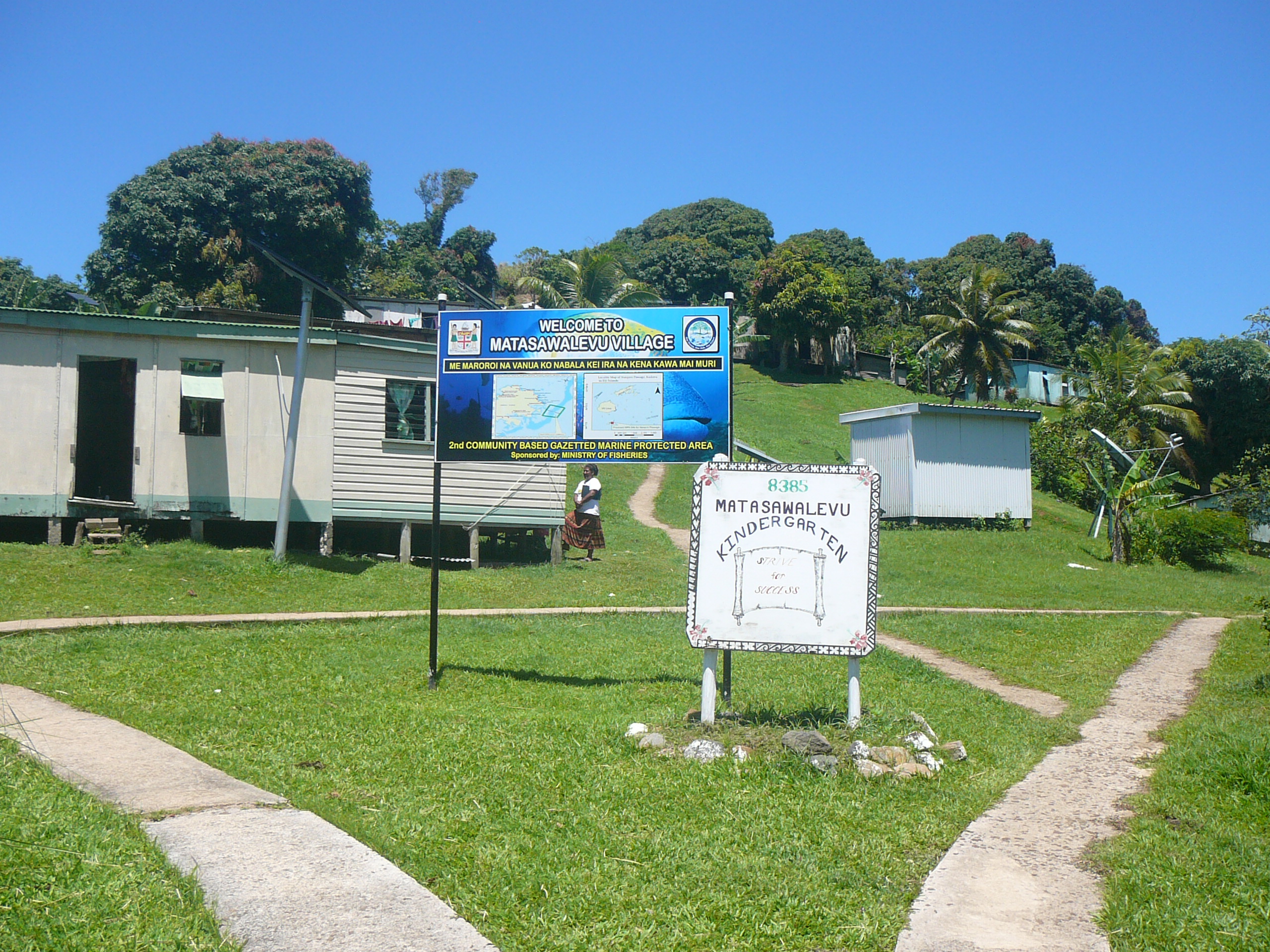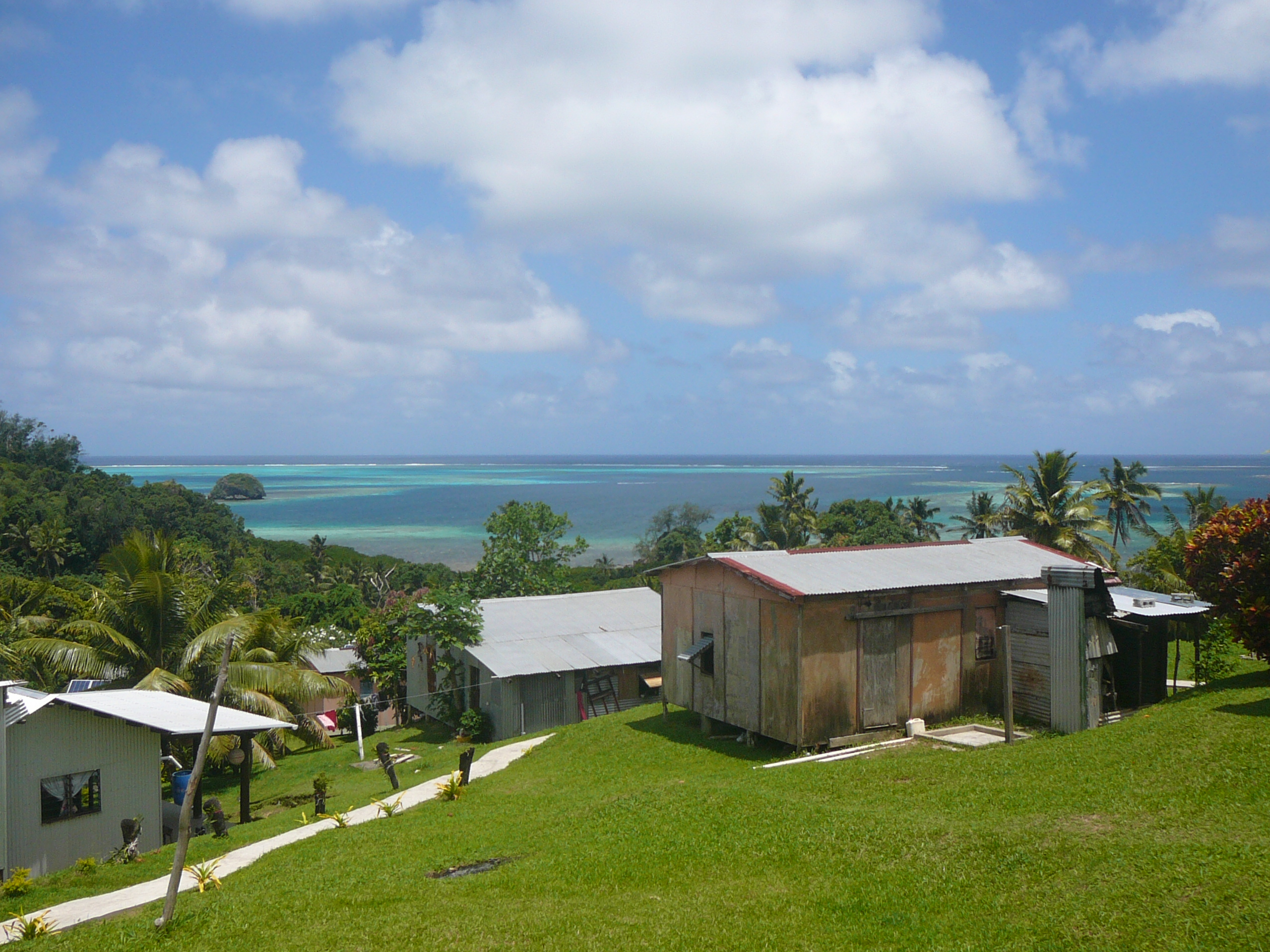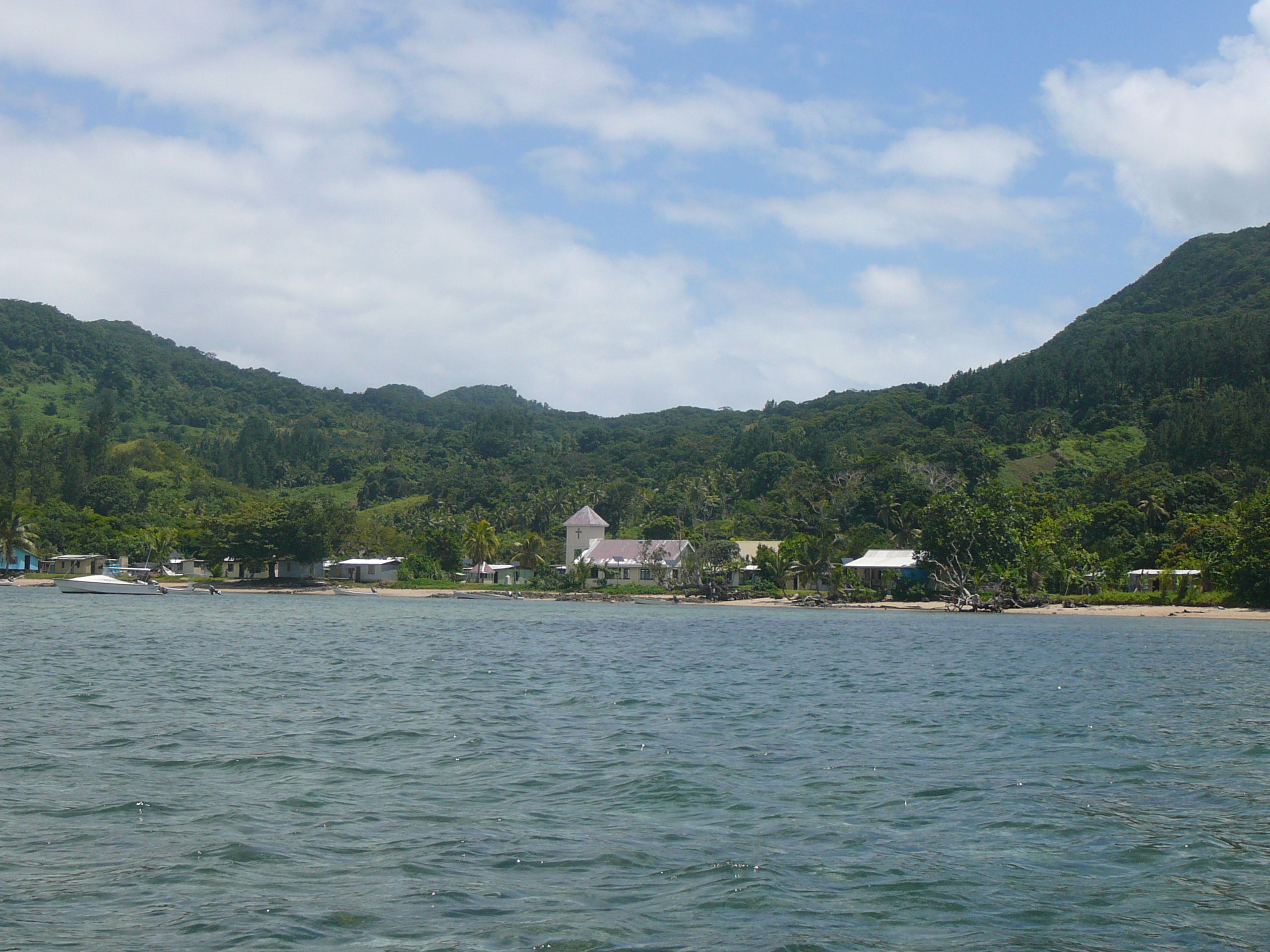Western Pacific Coastal Fisheries Project
Coastal fisheries in the Western Pacific are under increasing pressure from overexploitation and loss of habitat in many parts of the region. Coastal fishing is practised both by local communities for subsistence and livelihoods and by commercial artisanal fishers. A wide range of finfish and invertebrates are harvested. Ecosystem degradation in the coastal zone is a result of both local stressors such as pollution / sedimentation, coastal development, destructive fishing practises, and the effects of climate change. Rising human population in the region and urbanisation is also increasing the demand for fish at the local and national level.
The Western Pacific Coastal fisheries Project (WPCFP) is a two-year project that aims to address the core issue of unsustainable coastal fishing in the region through a combination of economic and biological assessments that will highlight potential management measures and approaches to improve fisheries sustainability. The research is being conducted in three countries in the Western Pacific: Fiji (Melanesia), Tuvalu (Polynesia) and Nauru (Micronesia). The project will focus first on Fiji, which can act as a testing ground for research approaches for the other countries. In Suva, Fiji also contains one of the largest urban markets for coastal fish in the region, which is an ideal place for an economic study of fish trade. Once completed in Fiji the programme will be conducted in the two further countries during Year 2 according to specific country needs.
The outcomes of the research programme will contribute to the achievement of the Sustainable Development Goal for the Oceans (SDG 14) by providing information that can be used to (i) improve the management of marine and coastal ecosystems (14.2) for marine resource use, and (ii) help to restore fish populations through regulating harvests and tackling IUU fishing in coastal waters (14.4).
